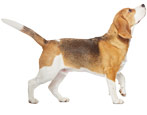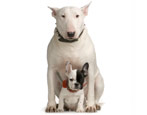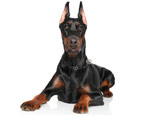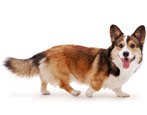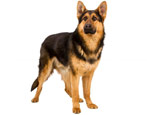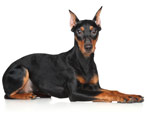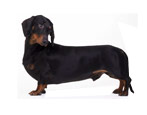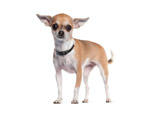Labrador weight by month

Your dream has come true and you have adopted the long-awaited Labrador puppy. Each owner is interested in how his baby grows, is he developing correctly? This breed has its own characteristics. Focusing on them, you can assess the development of the puppy, whether the right nutrition is selected for him.
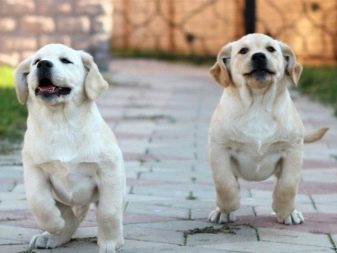
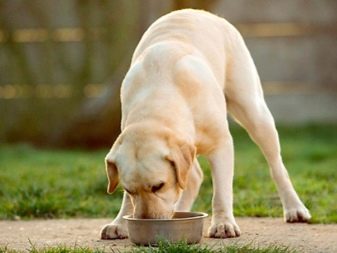
Development features
Briefly about the breed itself. The Labrador is a medium-sized dog with a balanced psyche, a true friend and companion for the whole family. He loves children very much. True, the guard from him is completely nowhere. He is always glad to have guests at your home. The breed was developed in the 19th century. There are several versions of why it was named that way. The first is named after the Labrador Peninsula. The second is in honor of a black rock called labradorite. The third - the dogs are very hardy and hard workers, and from Portuguese "labrador" is translated as "hard worker".


There are three stages in development. All of them disappear during the first year of the dog's life. The first lasts about four months and is characterized by rapid growth. During this stage, the puppy is gaining weight every day. The second, from five to eight months, implies a slower development. At the third stage, which lasts from eight months to a year, there is a very insignificant increase.
After passing these stages, the dog can be shown at exhibitions.
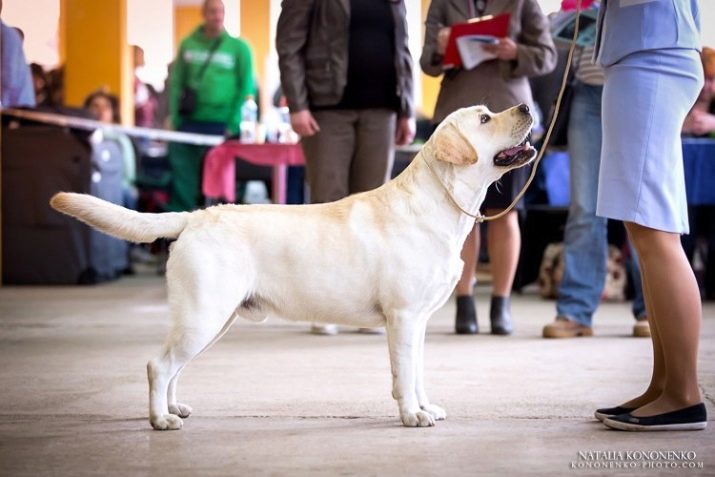
Puppy weight and height by age
- In the first month The kitten is born very small and weighs about 400 grams. Every day he gains an average of 100 grams, and in a week his weight changes by 1 kilogram. In a month, he already weighs 3-4 kg.
- In the second month the pet grows very quickly and at 2 months it reaches a weight of 7-8 kg.
- In the third month, growing by 100 grams per day, the pet by the end of the first trimester already weighs 12-14 kg.
- 4 month old labrador puppy - already a rather well-fed baby with a weight of 17-19 kg.Its height is close to 46 cm at the withers.
- Reaching five months, the puppy is no longer growing in size so quickly. Parameters range from 21 to 22 kg with a height of 48-51 cm.
- 6 month old labrador - is no longer a plush bun that you brought into the house, but already looks like an adult dog. With a weight of 24-26 kg, his height is 50-55 cm.
- At 7 months Is already a sexually mature teenager. However, mating should be avoided, as there may be unpleasant consequences for the dog. Weight from 27 to 28 kg, height 52-56 cm.
- Beyond 8 months of age, the Labrador becomes a fully adult animal. The weight is not gaining so much. It fluctuates from 28 to 30 kg and is 54-57 cm tall.
- At 9 months the dog starts to get stronger. Growth has not changed dramatically. The norm is a weight of 29-32 kg, a height of 54-58 cm.
- At 10 months indicators of an adult dog are present. The weight should be between 30 and 40 kg. Height at the withers up to 58 centimeters. Despite its full size, the Labrador is still a young dog in need of proper grooming.
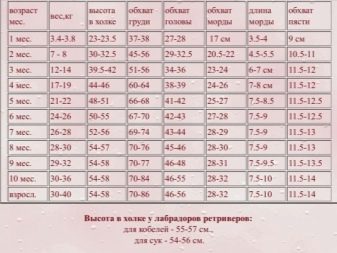

The maximum weight of a Labrador-boy is 60 kg, for a girl - 58 kg. Normal weight is 56 and 54 kg, respectively.
Based on the indicators presented above, one must not forget that a boy and a girl differ in weight and height at the same age. The male is larger and more massive than the female.
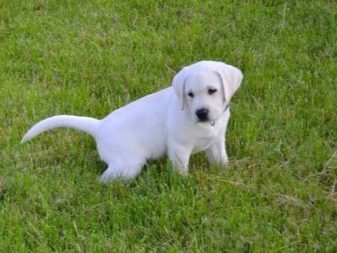

Weight Management and Nutrition Tips
Breeders are advised to keep system measurements and enter in the weight gain table by month. The table shows the height of the puppy. And this is an indicator of the correct development of a young dog. But despite the strict criteria that breeders adhere to, do not forget that the data indicated in the table are approximate, since the indicators are influenced by nutrition and lifestyle. The height and weight of a dog also depends on heredity.
You need to pay attention to the size of the puppy's parents. The Labrador reaches its full size by one and a half years. You need to make sure that he does not overeat and he does not have excess fat. This breed is renowned for its strong appetite.
Do not forget about regular physical activity. They help your pet develop muscles and bones.
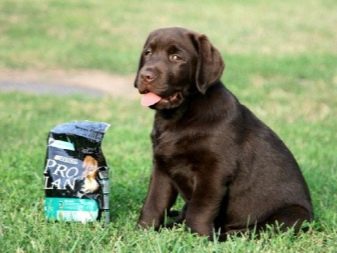

Also, the weight and height of the Labrador depends on the quality of food. Try to buy only quality feed. Chappie and Pedigree foods are not always good for your dog's health. Breeders develop special premium feeds. Buying them in large quantities, you will save a lot. A dog is not a man, it does not need a varied diet. The main thing is the balance of fats, proteins and carbohydrates and, of course, vitamins and microelements.
Your veterinarian will be able to recommend a good brand of food. By following and listening to the recommendations, you will grow a healthy dog with excellent constitution, weight, height and shiny coat. It remains to wish good luck in such a pleasant and, at times, difficult business, as raising and educating a Labrador Retriever.
For breed standards, see the following video.




